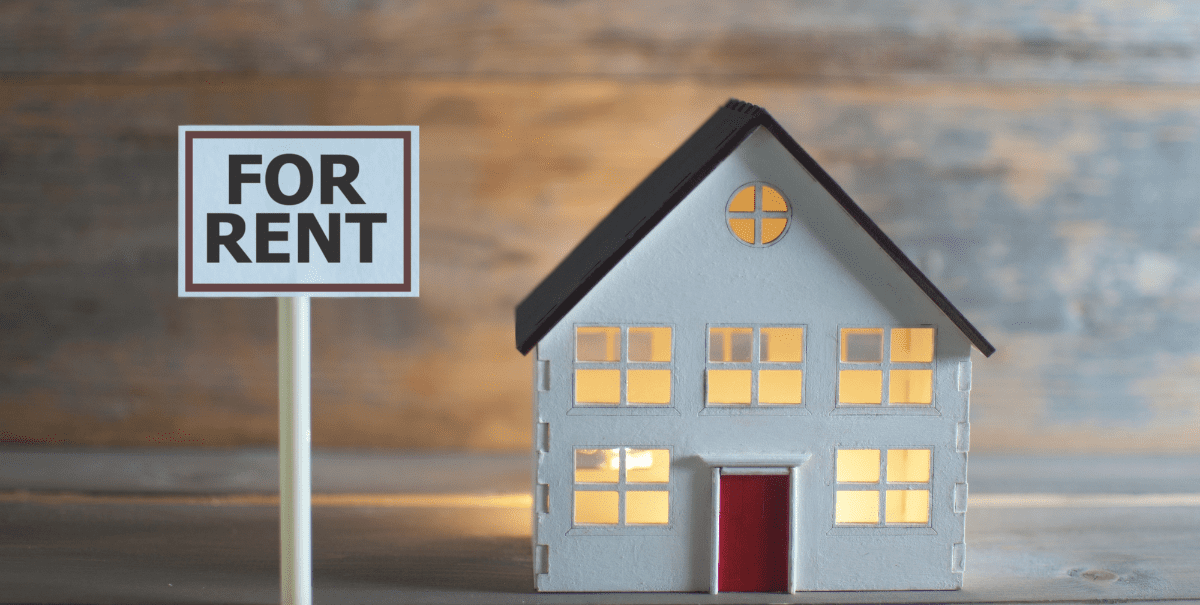Rent gulps 70% of household income – Report
A new report has shed light on the deepening housing crisis in Lagos, revealing that many Nigerian families now spend up to 70 per cent of their monthly income on rent, a burden far above globally accepted affordability thresholds.
The report—“State of Lagos Housing Market, Volume 3”, published by the Roland Igbinoba Real Foundation for Housing and Urban Development—paints a grim picture of a housing sector plagued by stagnant wages, speculative land practices, exclusionary mortgage systems, and a near-total neglect of affordable housing by developers.
“Wages remain stagnant while rents consume 50–70 per cent of income,” the report stated.
“Affordability is deteriorating rapidly, and home ownership is increasingly unattainable.”
Speculation and Exclusion: The Harsh Realities of the Land Market
The report highlights that land speculation has become a major barrier to affordable housing access. Investors buy and hold land purely for resale at higher prices, which has led to inflated land values—even in remote, underdeveloped areas—thereby pricing out genuine homebuilders.
“Speculators buy land to resell, pushing real users out and inflating prices. Even remote areas see high land prices due to anticipated development,” the report noted.
Meanwhile, the process of legalising land ownership is described as costly and complex, deterring many prospective homeowners and small developers from formalizing their property rights.
Mortgage Access and Developer Incentives Remain Elusive
Most Lagos residents, the report finds, are locked out of the formal mortgage system due to exclusionary down payment requirements and strict eligibility conditions. This has entrenched a housing divide, with ownership increasingly seen as a privilege of the wealthy.
Additionally, developers continue to focus on luxury housing, attracted by higher profit margins and limited government incentives for affordable construction.
“Developers focus on luxury housing due to better returns and a lack of incentives to build affordably. Providing developers with incentives to invest in affordable housing will boost supply,” the report advised.
Rising Rents, Poor Regulation, and the Growth of Informal Settlements
Another critical challenge identified in the report is the unregulated nature of rent hikes, which continue to rise arbitrarily and unchecked, leaving tenants vulnerable and insecure.
“Rent hikes are arbitrary and unregulated, worsening housing insecurity. The growth in informal settlements due to a lack of formal affordable options and the regulation of rent is unsettling,” the report noted.
Moreover, most low-income housing options are located far from economic centers, which forces residents into long commutes and higher transport costs, further eroding disposable income.
“Affordable housing is far from jobs, leading to high commuting costs and long hours. Low-cost homes often lack basic services and infrastructure, compromising livability.”
A Web of Interconnected Challenges
Based on interviews with residents, the report reveals that the housing crisis is the product of a complex interplay of economic stagnation, market dysfunction, weak regulatory frameworks, and entrenched socio-spatial inequalities.
“The findings demonstrate that the housing crisis is not the result of a single factor but rather the interaction of economic stagnation, structural market failures, regulatory weaknesses, and socio-spatial inequalities.”
A recurring theme in the interviews is the growing mismatch between household incomes and housing costs. Even those living in the outskirts of Lagos reported difficulty affording rent, with many families allocating well above the international affordability threshold of 30% of income towards shelter.
“Wage stagnation, juxtaposed with rising rents, leaves a growing number of residents priced out of both rental and ownership markets,” the report found.
Construction Barriers and Dwindling Housing Supply
The report also calls attention to the crisis in housing supply, particularly for affordable units. Soaring construction costs and inflation in building materials have crippled small and medium-scale builders who traditionally served the middle-class housing segment.
“The inability to complete or initiate affordable housing projects reduces the supply of livable units, reinforcing the price surge in the existing market,” the report observed.
Call for Policy Action
With affordability metrics deteriorating and the urban poor increasingly pushed into informal and unsafe housing, the report makes a strong case for urgent policy intervention.
Recommendations include:
-
Incentivising developers to build affordable housing.
-
Regulating arbitrary rent hikes.
-
Streamlining land titling processes.
-
Reforming mortgage access to be more inclusive.
-
Investing in infrastructure to support affordable housing in better locations.
About the Report
The State of Lagos Housing Market – Volume 3 is the latest in a series by the Roland Igbinoba Real Foundation for Housing and Urban Development, following earlier editions published in 2009 and 2016. The third edition offers a data-driven, resident-informed perspective on one of the most urgent urban development challenges in Nigeria.














Post Comment